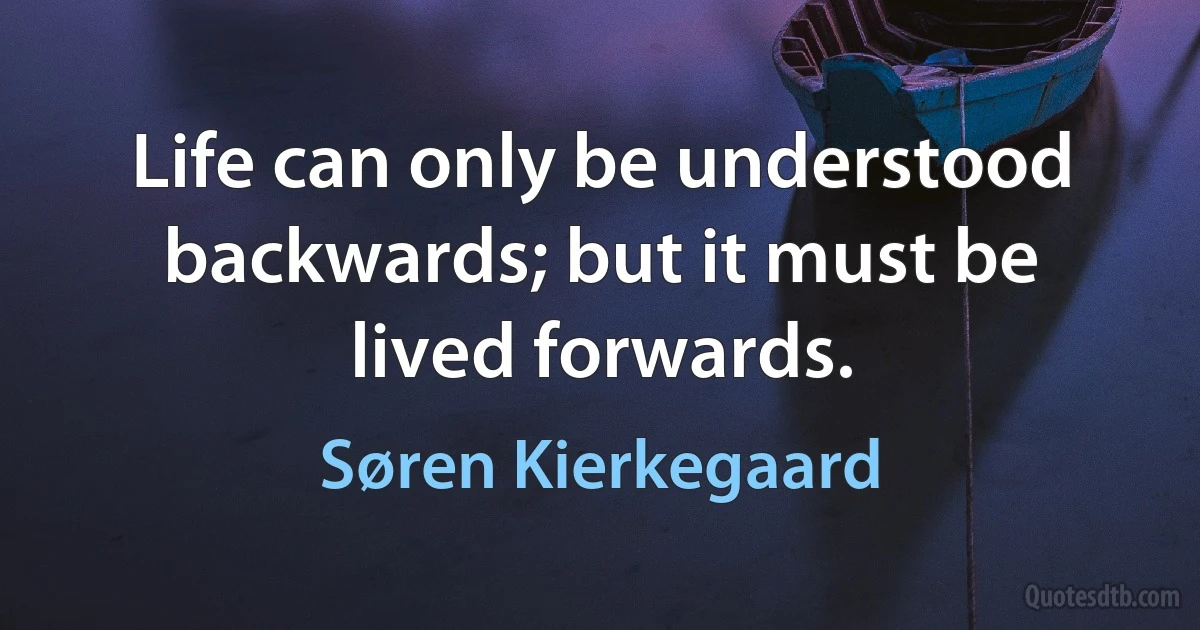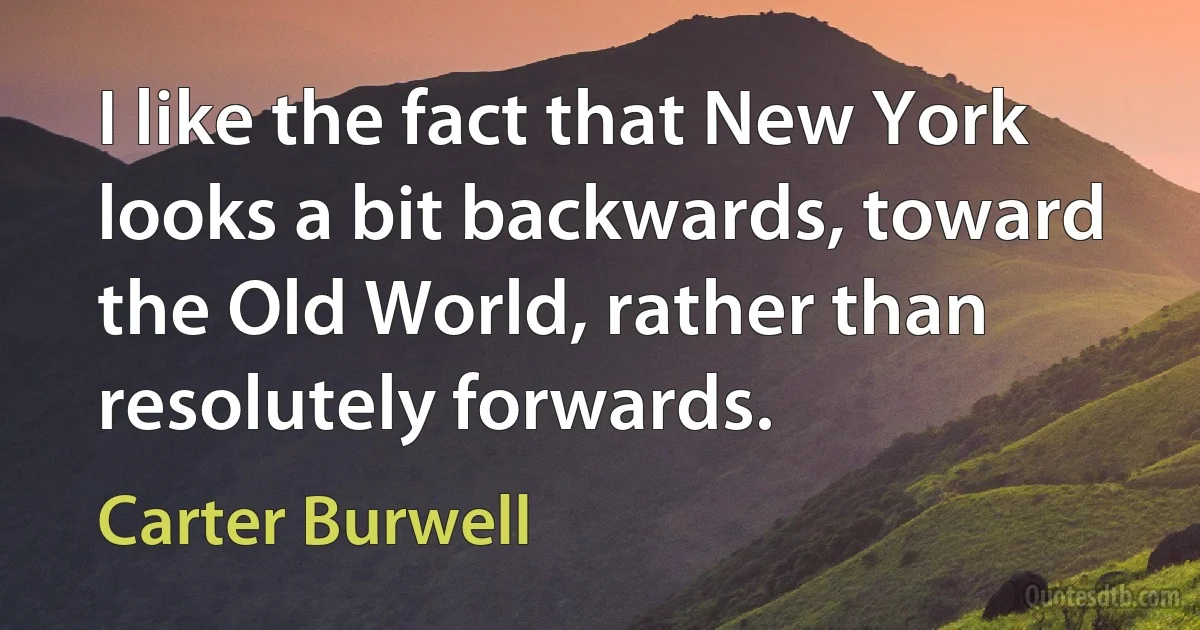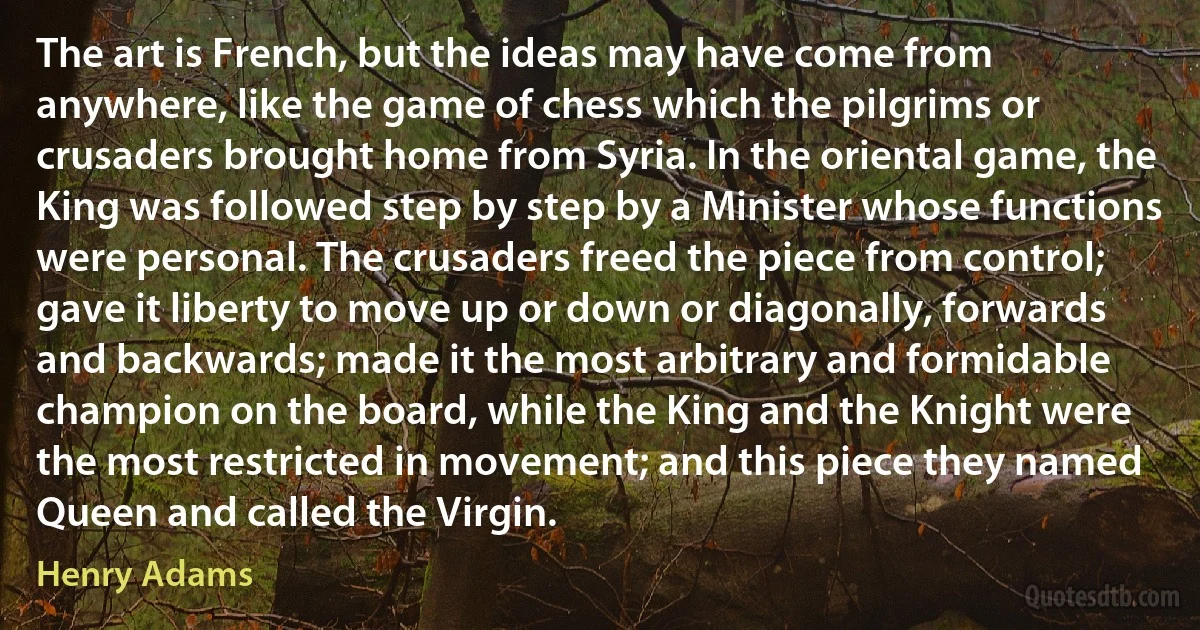Forwards Quotes
I was commissioned [in 1906] to do a ceiling-painting and an altar painting for the Saxon pavilion at the third German Arts and Crafts exhibition... I varied my tulips. But when I went in before the opening I was horrified to see that the fiery red had been toned down with streaks of grey... I gave furious vent to my feelings. Suddenly there was someone at my side, seconding my vituperation. It was Erich Heckel.... joyfully we discovered our total accord in the drive towards liberation, an art which charged forwards, unimpeded by conventions. And that was how I joined Die Brücke.

Max Pechstein
We don't want to see just one forward up front. To win you have to score. To have chances you've got to have forwards close to the goal, I appreciated Leonardo a lot but I disagreed with him in how he fielded the team. Ronaldinho must play on the shoulder of the strikers even if he has a tendency to drift left. Ronaldinho has been linked in the media with a move away but Berlusconi was adamant the playmaker was staying. He is the No1 attraction at Milan," he said, "Ronaldinho does not want to leave. I'm sure he is happy to stay.
I would be happy for Gattuso to stay but we are not against people saying they want to leave, We can't exclude [the sale of Huntelaar] even if we are convinced of his qualities as a main striker.

Silvio Berlusconi
Were we required to characterise this age of ours by any single epithet, we should be tempted to call it, not an Heroical, Devotional, Philosophical, or Moral Age, but, above all others, the Mechanical Age. It is the Age of Machinery, in every outward and inward sense of that word; the age which, with its whole undivided might, forwards, teaches and practises the great art of adapting means to ends. Nothing is now done directly, or by hand; all is by rule and calculated contrivance. For the simplest operation, some helps and accompaniments, some cunning abbreviating process is in readiness. Our old modes of exertion are all discredited, and thrown aside. On every hand, the living artisan is driven from his workshop, to make room for a speedier, inanimate one. The shuttle drops from the fingers of the weaver, and falls into iron fingers that ply it faster.

Thomas Carlyle
When I was a boy I knew the Odes of Horace backwards and forwards, and when I came to manhood year by year those odes came knocking at the door of my heart at the most unexpected times and places. So, even if you do not realise it now, the time will come when you will be thankful that you were steeped in Shakespeare as boys. In him we not only have, as Sir Gerald du Maurier said here not long ago, perhaps the greatest man the world has ever seen, but one who had a profound knowledge of human nature and of the world. Shakespeare was one of those few poets in whom we find the magic which comes straight from heaven, and which is the prerogative of the very greatest...Shakespeare's plays, no matter of what country he may be writing, are redolent of our own soil and of our own country people. The habit of thought and the outlook of Shakespeare's country people and of those wise men, Shakespeare's fools, may be found to-day in our rural counties.

Stanley Baldwin
There are two futures, the future of desire and the future of fate, and man's reason has never learnt to separate them. Desire, the strongest thing in the world, is itself all future, and it is not for nothing that in all the religions the motive is always forwards to an endless futurity of bliss or annihilation. Now that religion gives place to science the paradiscial future of the soul fades before the Utopian future of the species, and still the future rules. But always there is, on the other side, destiny, that which inevitably will happen, a future here concerned not as the other was with man and his desires, but blindly and inexorably with the whole universe of space and time. The Buddhist seeks to escape from the Wheel of Life and Death, the Christian passes through them in the faith of another world to come, the modern reformer, as unrealistic but less imaginative, demands his chosen future in this world of men.

John Desmond Bernal
Art at the moment is thrilling. The work of the artist today springs from innate impulses towards life, towards growth - impulses whose rhythms and structures have to do with the power and insistence of life. [...] In the past, when sculpture was based on the human figure, we knew this structure well. But today we are concerned with structures in an infinitely wider sense, in a universal sense. Our thoughts can either lead us to life and continuity or [...] the way to annihilation. That is why it is so important that we find our complete sense of continuity backwards and forwards in this new world of forms and values. I see the present development in art as something opposed to any materialistic, anti-human or mechanistic direction of mind.

Barbara Hepworth
Tomorrow, our nation will sit on the throne of the world. This is not a figment of the imagination, but a fact. Tomorrow we will lead the world, Allah willing. Apologize today, before remorse will do you no good. Our nation is moving forwards, and it is in your interest to respect a victorious nation.

Khaled Mashal
Try to put well in practice what you already know; and in so doing, you will in good time, discover the hidden things which you now inquire about. Practice what you know, and it will help to make clear what now you do not know. By following carefully the rules of teachings provided that they are truthful, you can save a lot of time. But a student full of doubt is unable to move forwards and to judge well the truth.

Rembrandt



